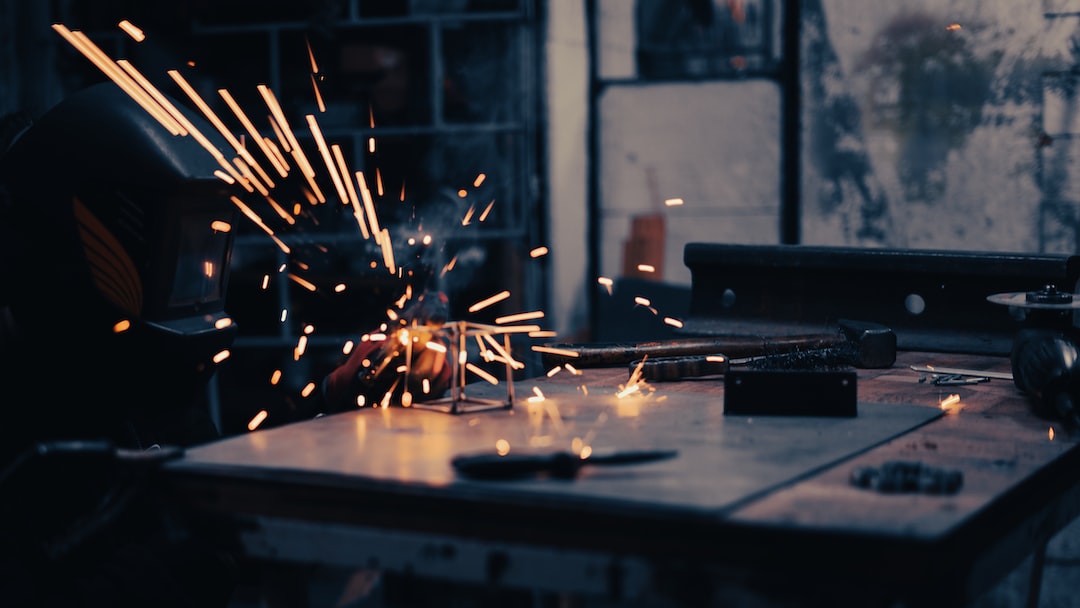How Automation is Revolutionizing the Manufacturing Industry
The manufacturing industry has always been at the forefront of technological advancements. From the invention of the steam engine to the implementation of assembly lines, manufacturers have continuously sought ways to increase productivity and efficiency. In recent years, we have seen a significant shift towards automation, which is revolutionizing the manufacturing industry in ways we could have never imagined.
Automation refers to the use of technology to perform tasks that were previously done by humans. It encompasses a range of technologies such as robots, sensors, and artificial intelligence. These technologies not only improve efficiency but also enable manufacturers to produce high-quality products at a faster rate. Let’s explore some of the ways in which automation is transforming the manufacturing industry.
Increased Productivity: One of the key benefits of automation is increased productivity. Machines work at a much faster pace than humans, meaning production cycles can be significantly reduced. For instance, a robot can complete a repetitive task in a matter of seconds that would take a human much longer to complete. By automating certain processes, manufacturers can produce more products in a shorter period, resulting in higher output levels.
Improved Quality: Automation also leads to improved product quality. Machines have a high level of precision and consistency, ensuring that products are manufactured to exact specifications every time. This minimizes the risk of errors and defects often associated with human involvement. Additionally, automation can enable real-time monitoring and adjustments, effectively reducing the number of defective products that reach customers.
Cost Reduction: Automation can significantly reduce production costs for manufacturers. While the initial investment in automation technology may be high, the long-term benefits far outweigh the costs. Robots and machines don’t require breaks, vacations, or benefits like health insurance, leading to reduced labor costs. Moreover, the elimination of errors and defects minimizes waste, reducing material and operational costs. Overall, automation helps manufacturers achieve cost-efficiency and remain competitive in the market.
Safety Improvements: The implementation of automation in manufacturing processes also leads to improved safety conditions. Dangerous and hazardous tasks can be assigned to robots, minimizing the risk of injuries to human workers. Automation can also perform tasks in environments that are unsuitable or challenging for humans, such as extremely high or low temperatures. By removing workers from potentially dangerous situations, manufacturers can create a safer work environment and protect the well-being of their employees.
Skilled Workforce Development: Contrary to the belief that automation will lead to job losses, it actually promotes the development of a skilled workforce. As machines take over repetitive and mundane tasks, workers can be upskilled and trained to operate and maintain the technology. This allows manufacturers to retain their workforce while utilizing their skills in more meaningful and complex roles. Automation creates opportunities for employees to develop new skills and leads to higher job satisfaction.
Supply Chain Integration: Automation has also revolutionized supply chain management. With the help of sensors and real-time data analytics, manufacturers can optimize inventory levels, monitor production in real-time, and ensure timely delivery of products. Automation enables seamless integration between suppliers, manufacturers, and distributors, allowing for better coordination and efficiency in the supply chain.
In conclusion, automation is transforming the manufacturing industry in numerous ways. Increased productivity, improved quality, cost reduction, safety improvements, skilled workforce development, and supply chain integration are just some of the benefits that automation brings. As technology continues to advance, manufacturers will continue to embrace automation to stay competitive and meet the evolving demands of consumers. The future of manufacturing lies in automation, and we can expect to see even more breakthroughs and innovations in the years to come.

